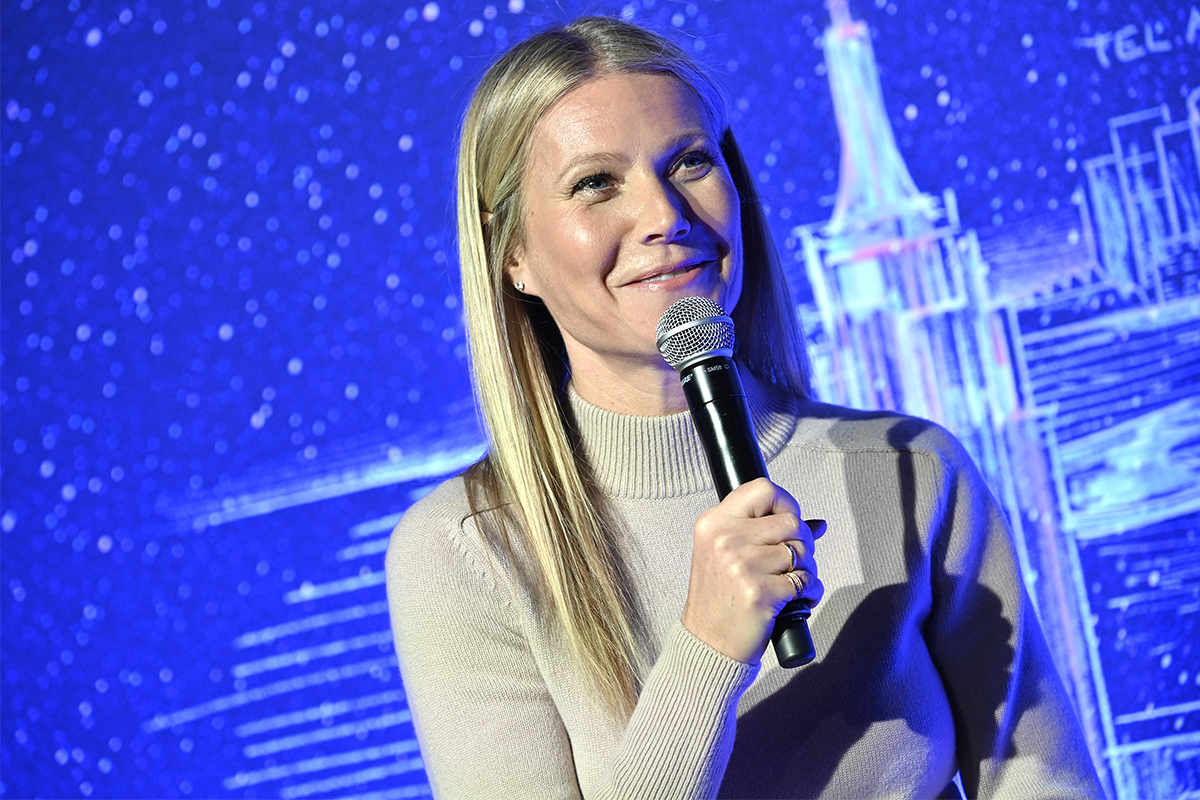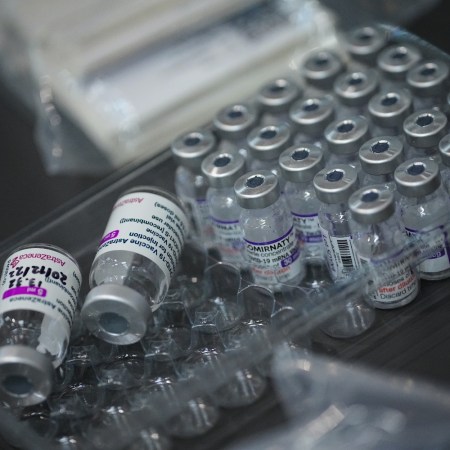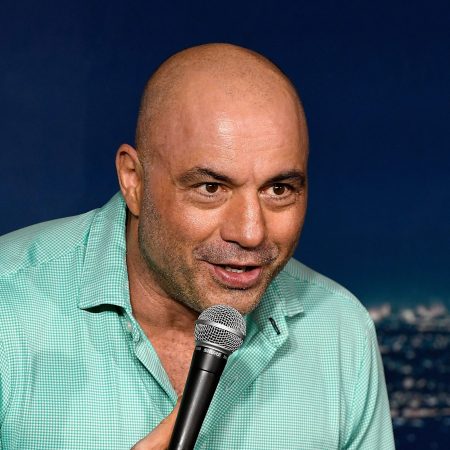Last week, the U.S. National Institutes of Health (NIH) launched a new initiative to study a phenomenon known unofficially as “long COVID.” You likely know of someone grappling with it. It refers to those still struggling with symptoms of COVID-19 — especially brain fog, fatigue or shortness of breath — in the weeks or even months following their initial bout with the illness.
Even if we manage to end the pandemic this year, the reach of long COVID could affect millions of people worldwide for years to come. There is so much we don’t yet know about this disease — hence the $1.15 billion Congress has allocated over the next four years to support “research into the prolonged health consequences” of SARS-CoV-2.
The best we can do, for now, is hold tight and listen to medical officials as they have more important information to report. One person we probably shouldn’t listen to on the matter, though, is movie star/wellness mogul Gwyneth Paltrow. The 48-year-old goop CEO recently wrote a blog post detailing her own battle with long COVID, and the “remedies” she has relied on to keep her “feeling good.”
Those include: kimchi, kombucha, herbal non-alcoholic cocktails, detoxifying “superpowders,” an infrared sauna blanket, and a $125 goop-branded T-shirt. It’s tempting to completely disregard goop — after years of touting pseudoscience — but the brand has quite the microphone. Paltrow has over seven million Instagram followers, and goop’s podcast has 36 million listens. The brand matters.
When Paltrow claims that she can keep her “long-tail fatigue” at bay with coconut aminos, it’s likely at least a few people, somewhere, will believe her. These claims roiled another health agency so much, the U.K.’s National Health Service, that Professor Stephen Powis, national medical director for NHS England, said earlier this week: “We need to take long COVID seriously and apply serious science. All influencers who use social media have a duty of responsibility and a duty of care around that.”
Some of the things that Paltrow is recommending are clearly good for you, in general. We could all cut back on sugar and alcohol. We could all get outside more and take better care of our skin. But anecdotal lifestyle decisions will not solve the fallout from a global health crisis. Professor Powis made a good point, also saying this week: “Like the virus, misinformation carries across borders and it mutates and it evolves. So I think YouTube and other social media platforms have real responsibility and opportunity here.”
People like Paltrow have an opportunity here. Not to sell supplement subscriptions, but to keep people informed and safe. Hopefully that message made it from London to LA.
The Charge will help you move better, think clearer and stay in the game longer. Subscribe to our wellness newsletter today.



















